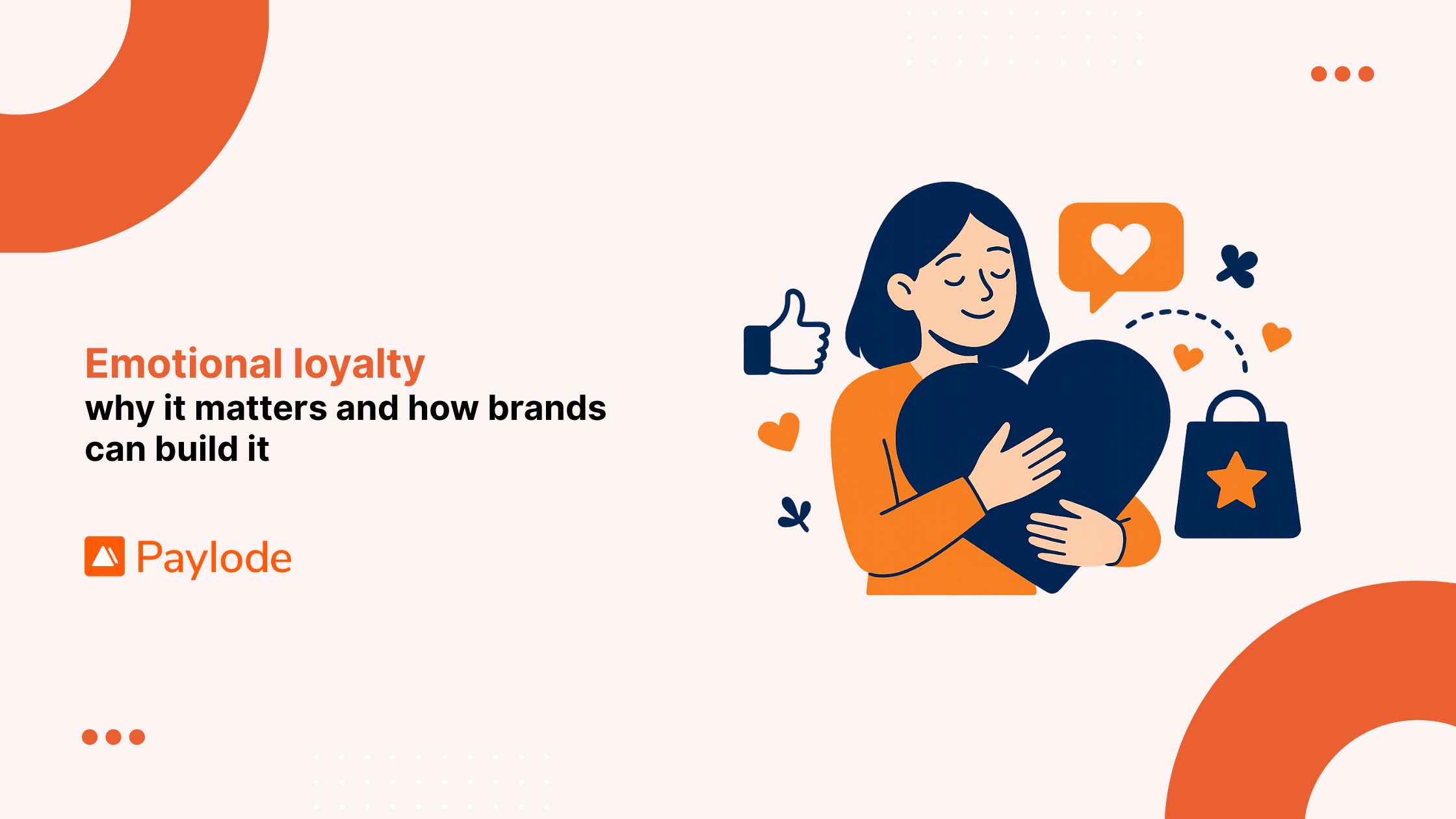Customer loyalty

What is customer loyalty?
Latest

Best loyalty programs software for 2025: pointless rewards over points

Best Tremendous alternative in 2025: Why Paylode delivers more than gift cards
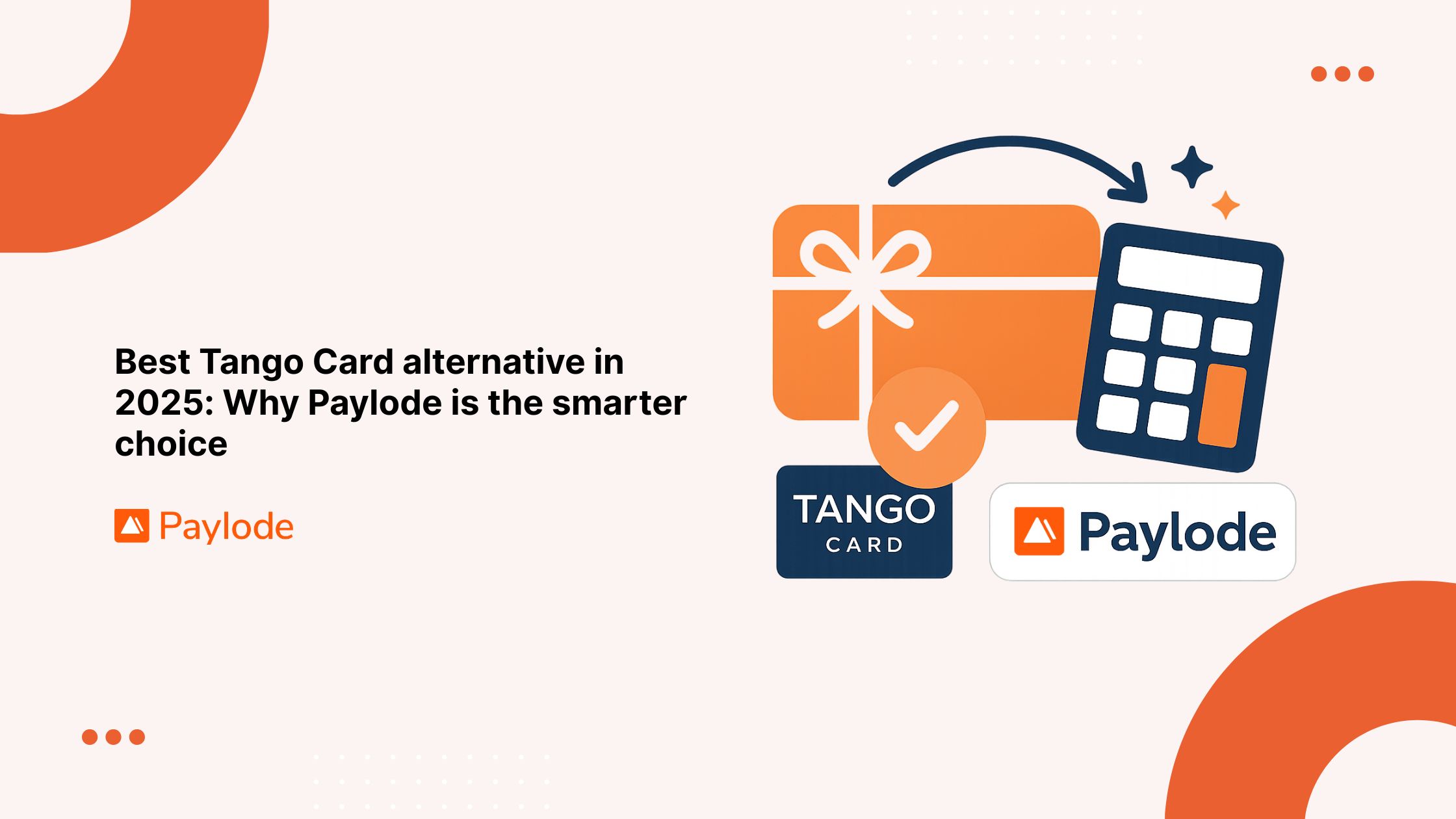
Best Tango Card Alternative 2025 | Paylode Loyalty Software
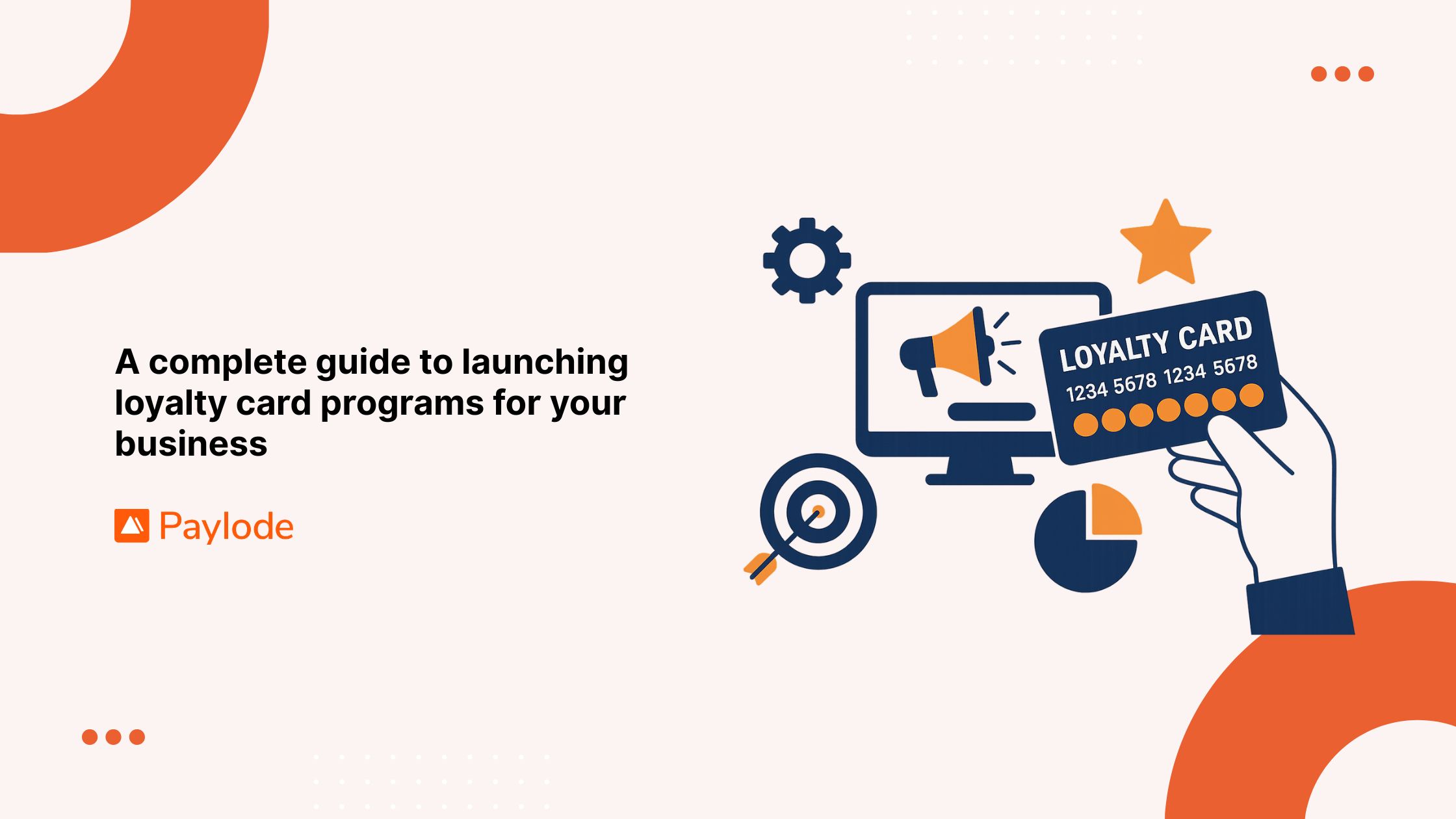
A complete guide to launching loyalty card programs for your business
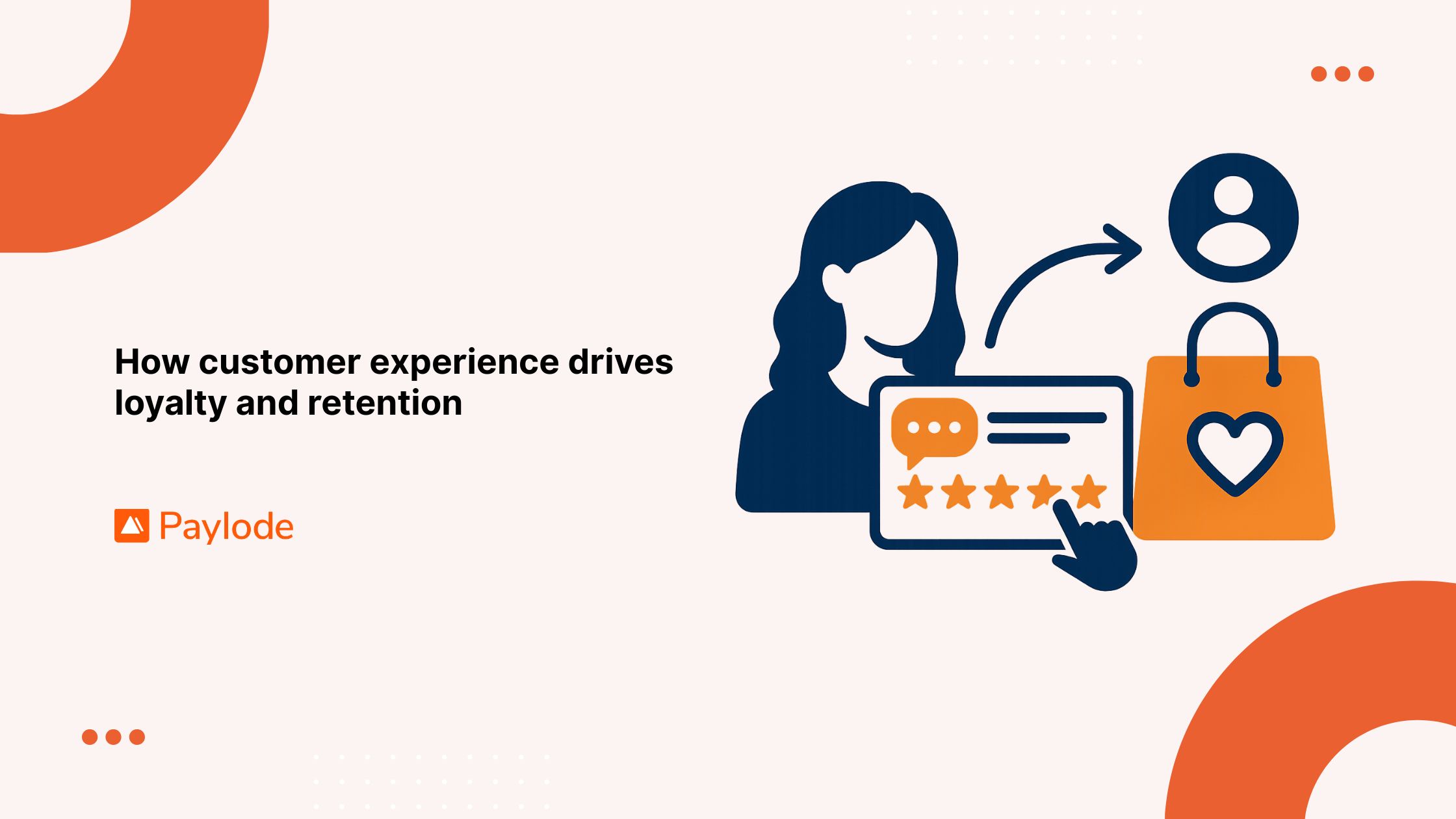
How customer experience drives loyalty and retention
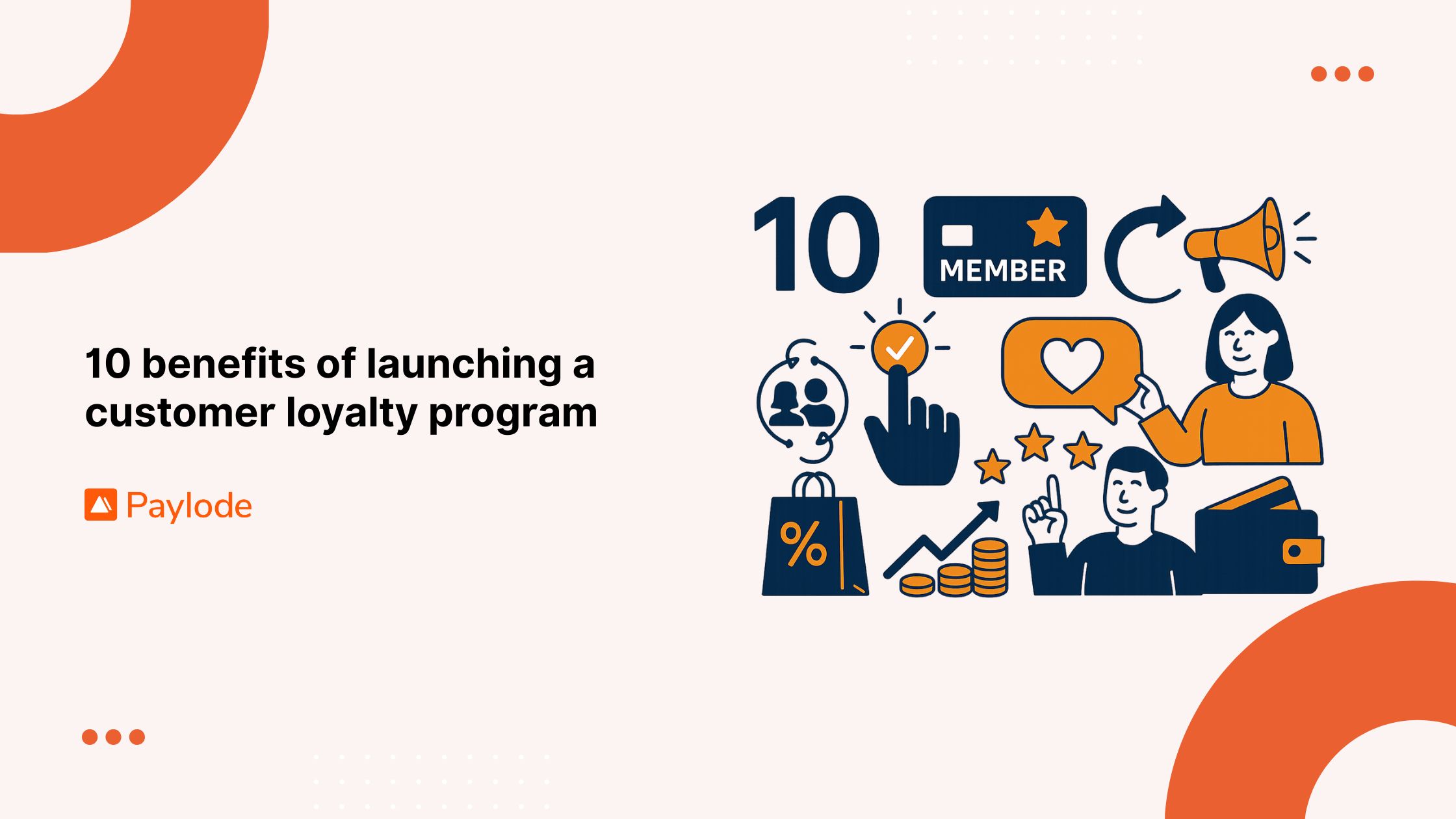
10 benefits of launching a customer loyalty program
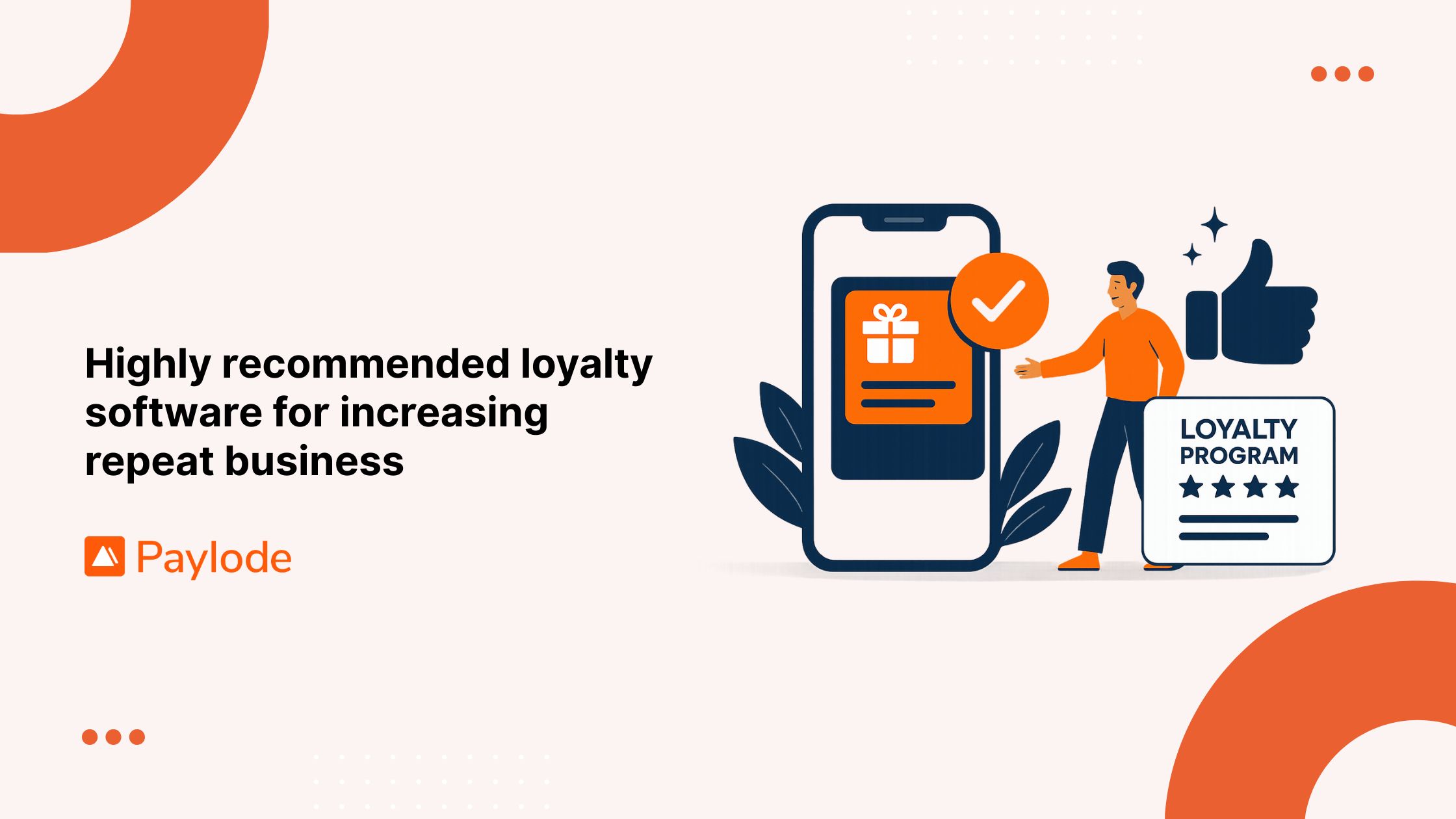
Highly recommended loyalty software for increasing repeat business
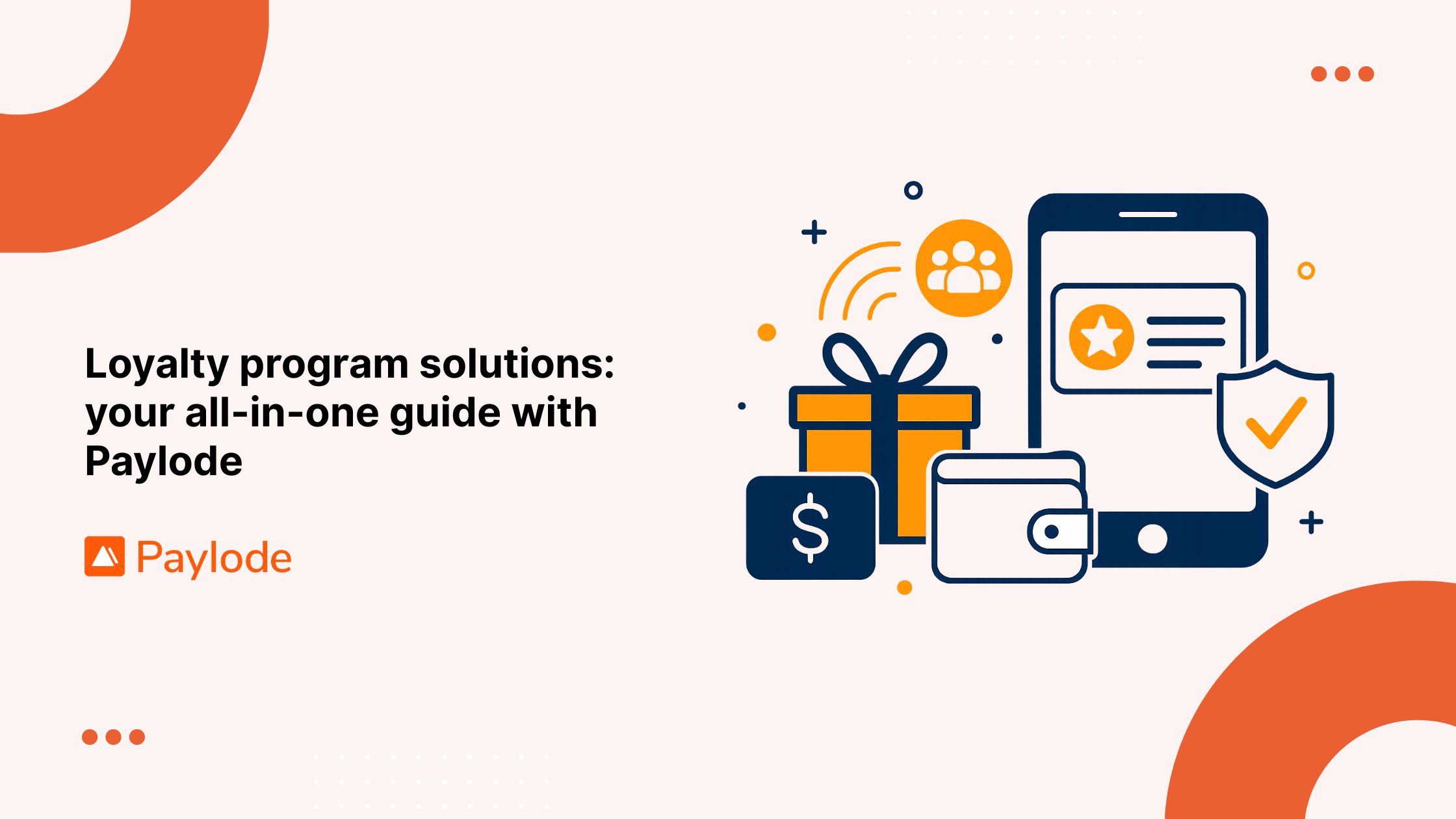
Loyalty program solutions: your all-in-one guide with Paylode
What is loyalty anyway?
Customer loyalty is about building a relationship between a customer and a brand or company that transcends price and convenience. It means that individuals consistently choose to do business with a particular brand or company, even when presented with other options that may be cheaper or more convenient.
It also means having an emotional connection to the brand, that allows for deep trust in the brand's quality and reliability. They believe that their chosen option will consistently meet or exceed their expectations, so they're willing to invest their time and money in that relationship. This trust often leads them to remain loyal even when faced with higher prices, a negative customer experience, or stricter policies compared to competitors.
Customers are increasingly vocal about their service standards and expectations. They actively seek out brands and businesses that align with their values and deliver exceptional experiences. In response to this trend, businesses like yours must think about how to show gratitude to your top customers.
Turns out disloyalty is more powerful than loyalty – according to Gartner:
“The data from our study showed that 45% of the people who had something positive to say about a company told fewer than three other people,” says Rick DeLisi, principle executive advisor at Gartner. “However, 48% of people who had a negative experience told more than ten people.”
A good customer loyalty program is designed to incentivize and reward repeat business, fostering stronger connections between customers and your brands.
3 R’s of Customer Loyalty
Reward
Everyone wants tangible incentives. Rewards can come in various forms, such as discounts, freebies, exclusive access to events or products, or loyalty points that can be redeemed for future purchases.
Recognition
Recognizing the value of loyal customers is very important. It involves acknowledging their loyalty and making them feel special and valued. This can be achieved through personalized gestures, such as addressing customers by name, remembering their preferences, or offering complimentary upgrades or services. Recognition demonstrates that you see and appreciate your customers as individuals, strengthening the emotional connection between you and them.
Relevance
Loyalty initiatives should not solely focus on discounts or deals but should also prioritize delivering meaningful experiences that resonate with customers. Relevance entails understanding the needs, preferences, and aspirations of loyal customers and tailoring offerings and experiences accordingly.
This could involve creating exclusive events or content, providing personalized recommendations, or offering unique benefits that enhance the customer's connection with your brand.
5 unique, strategic tips for improving customer loyalty
- Closed communities: Establish invite-only communities, access, or content exclusively for your top-tier or long-tenured customers to make them feel special and privileged.
- Client advisory councils: Curate a select panel of key customers to regularly engage as formal advisors, soliciting their strategic input, feedback and featuring them as trusted voices.
- Surprise upsells: Manage a stealth queue of customers nearing upgrades and proactively generate expiring offers for premium features, levels and services - the upsell can do double duty as a loyalty play.
- Blue carpet events: Organize a red-carpet style popup event that's exclusively for your highest-value customers, centered fully around them.
- Customer spotlights: Seek out your most typical success story and establish a connection to publish case studies with them. Then promote these heavily across marketing channels to showcase best-in-class use case examples that others already aspire to.
The key principles focus on exclusivity, privilege, elevated personalization and a relentless focus on customer-centricity - going above and beyond standard loyalty conventions. This breeds emotional connection and organic customer evangelism at scale.
